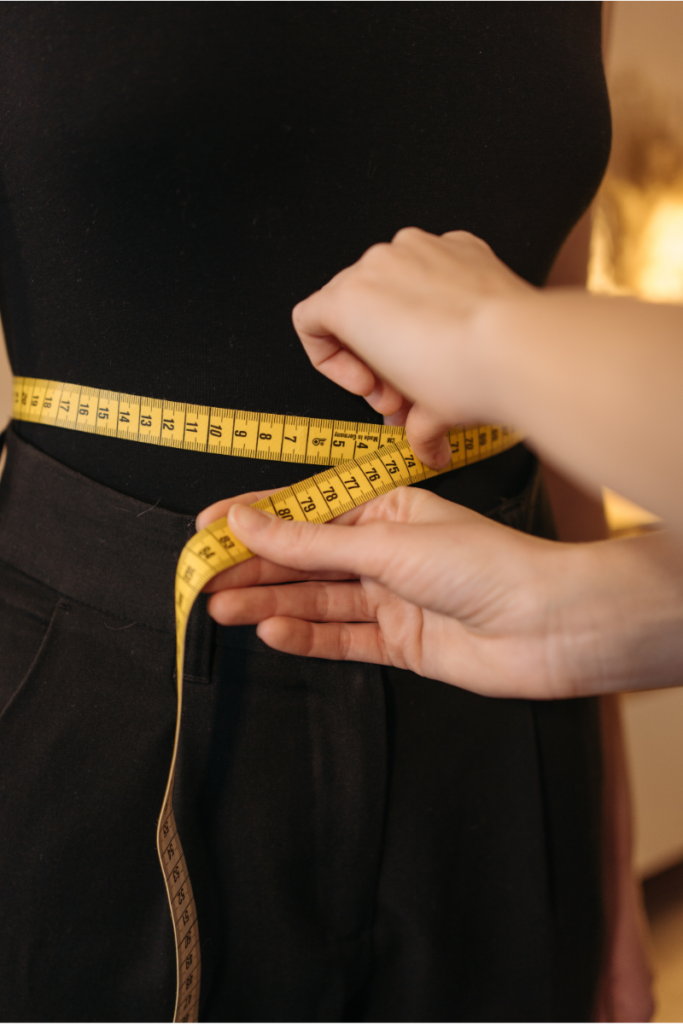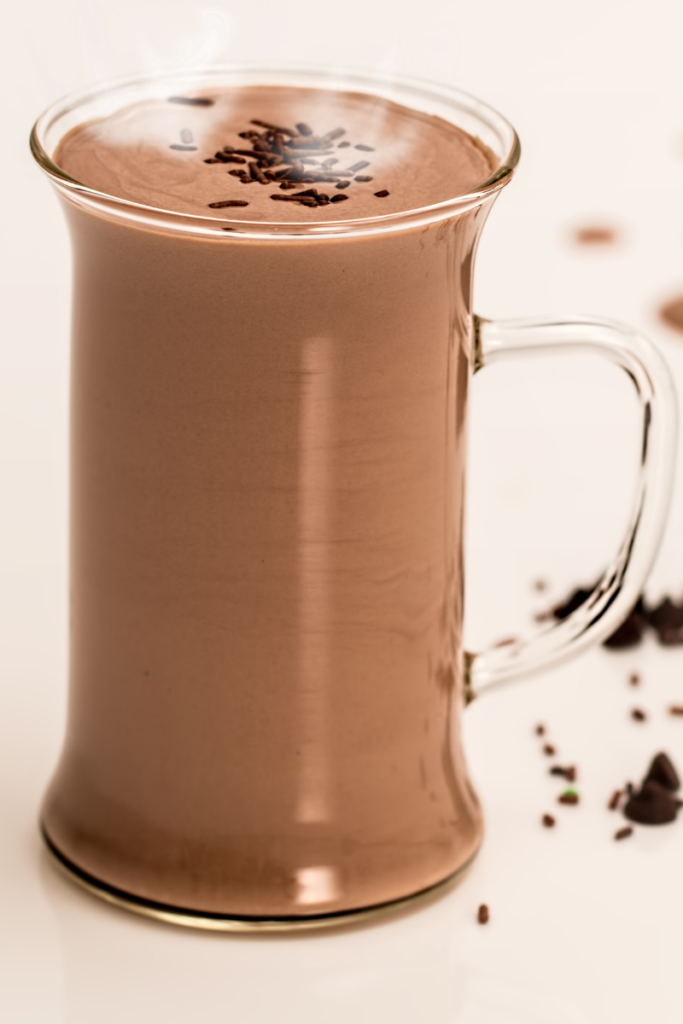
Want a simple hack to help you meet the challenge of peri menopausal weight gain? And at the same time, perhaps get a mental and physical boost? Time to look into intermittent fasting (IF).
You’ve most likely heard of IF. It’s a much talked about topic in the world of weight loss and obesity. Research suggests that IF can be beneficial not only for weight loss but for overall health and longevity.
IF basically means alternating periods of fasting with periods of eating.
In this blog, I’m going to unpick the benefits of IF and discuss how to do it safely and simply.
INTERMITTENT FASTING
Fasting has a very long history as a spiritual practice. But it has its physiological roots in prehistoric man who had to adapt and survive through periods of not finding any food to eat!
There are many different ways to do IF. My focus here is on a 14 hour overnight fast. So, for example if you finish your evening meal by 7pm, you don’t eat until 9am the next morning.
This is simple and more practical for many people, than fasting during the day. Also, eating earlier in the evening brings its own benefits as you will see.
If you need some motivation, check out the potential benefits you could experience below!

THE BENEFITS OF OVERNIGHT FASTING & EATING AN EARLIER DINNER
- Weight loss – Fasting improves what is known as metabolic flexibility. This is the ability of your body to respond and adapt to metabolic challenges such as exercise and changing amounts and types of food. Being able to adapt to these challenges is a reflection of good health. Type 2 diabetes, cancer and obesity, for example are all characterised by poor metabolic flexibililty. Your body burns food more efficiently in the morning and slows down at night
- Hormone balance - it keeps you in sync with your internal body clock (Circadian rhythm) which follows a 24 hour sleep wake cycle, closely in tune with light and dark. When your body clock is functioning correctly, it means your hormones are in balance
- Insulin management - IF will help your body be more responsive to insulin. Insulin resistance occurs when your body ignores insulin so that more and more is produced. This contributes to fat storage in places you don’t want it! Keeping your insulin balanced also prevents diabetes and all the health complications that come with it
- Improved digestion – you may find conditions such as reflux or heartburn improve
- Reduced oxidative stress – this is a good thing to reduce because oxidative stress accelerates ageing and chronic disease
- Blood pressure lowering

TIPS FOR SUCCESS
- A warming drink can help, if you are comfort craving in the evening. For example redbush tea with a plant milk such as oat or soya or cocoa made with a plant milk.
- Plan an enjoyable activity after your meal so you have something to look forward to which doesn’t involve food: )
- Make sure you have eaten 3 healthy meals with protein and fat through the day. This will keep your blood sugar balanced and reduce cravings
- Batch cook and use leftovers whenever you can. That means you don’t have to start cooking from scratch of an evening and delay your eating time
- Don’t have any easily accessible tempting snacks to take you off track!
- If you do give in to temptation, don’t stress. You could aim for a few fasting nights rather than doing them 7 times per week
CAVEATS
Whilst more extended fasting comes with contraindications, the 14 hour overnight fast is generally the safest type of fasting. But even this may not be suitable for everyone, particularly if you have poor blood sugar control (i.e. you feel weak or exhausted if you don’t eat frequently), are underweight or are on strong medication.
One other thing to watch for, if you have trouble sleeping, particularly regarding waking up during the night, you may need to add a small protein snack before going to bed. You should still benefit from eating earlier though.
FASTING RULES
There is no right and wrong way to do fasting. The most important things to remember are:
*Tune into your body to see how you feel
*Don’t force it if hunger is making you feel exhausted or unable to concentrate
